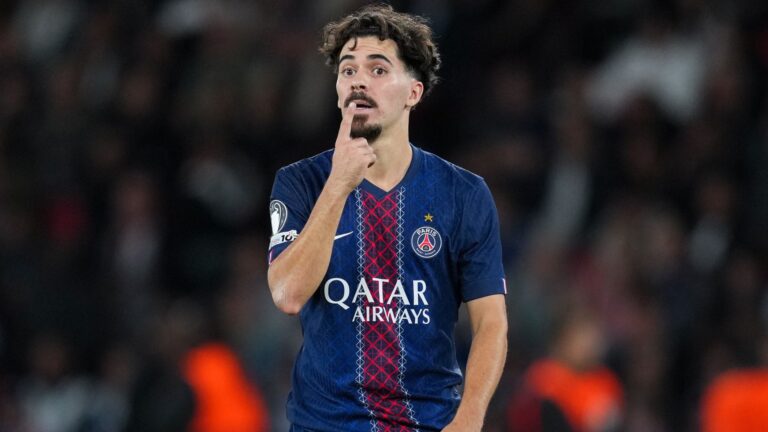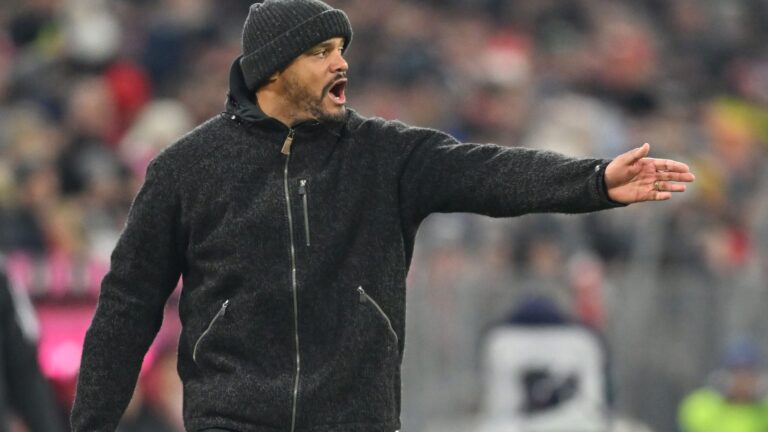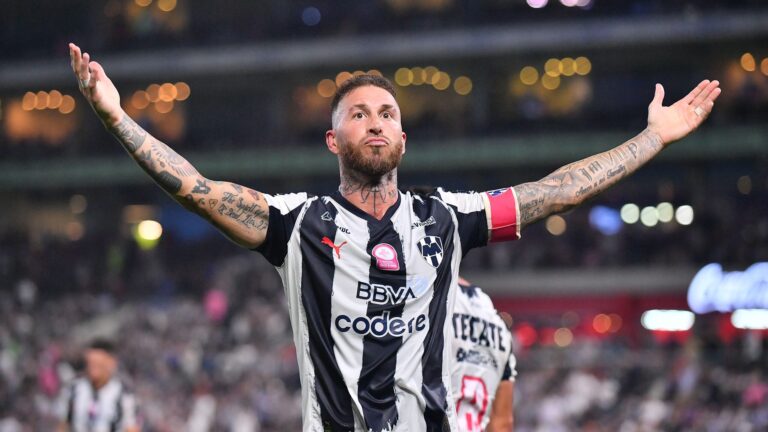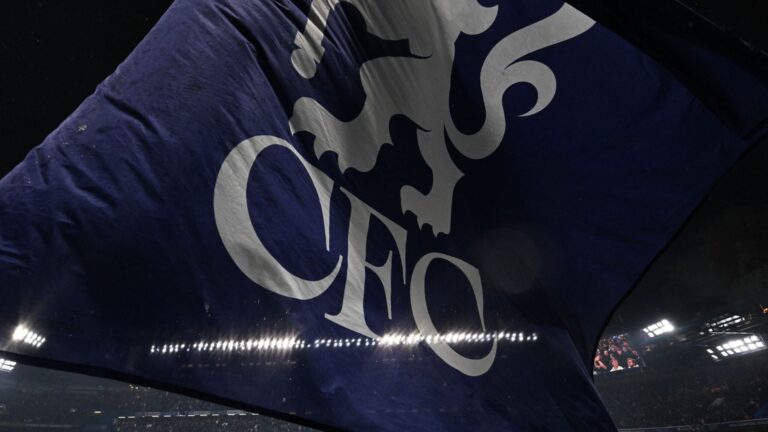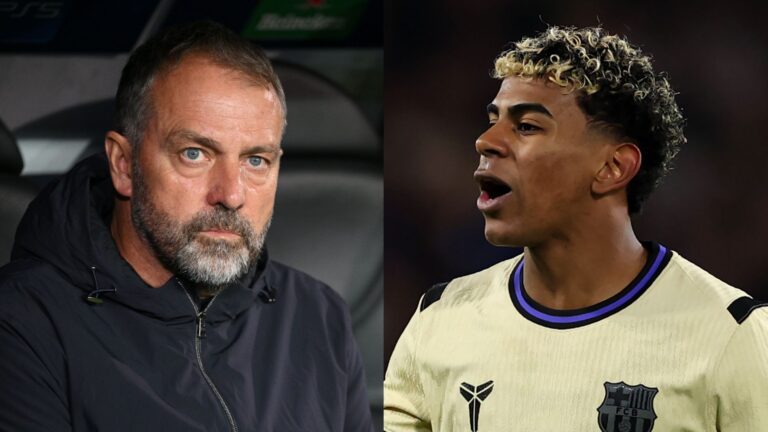Exploring the Deep Ties: Why Mikel Arteta Feels a Strong Connection to Pep Guardiola and Xabi Alonso
In the world of football management, where strategies evolve and rivalries intensify, Mikel Arteta, Pep Guardiola, and Xabi Alonso stand out as key figures driving innovative tactics. This exploration delves into Arteta’s reflections on his shared roots with these renowned coaches, highlighting how their common backgrounds shape modern football philosophies. Drawing from recent insights, we’ll uncover the personal and professional links that influence their approaches on the pitch.
- Arteta reflects on queries regarding Guardiola and Alonso
- Highlights enduring professional bonds
- Emphasizes total alignment with Guardiola’s philosophy



Arteta’s Alignment with Guardiola and Alonso’s Tactical Visions
During a conversation with Mundo Deportivo, Arteta opened up about how his managerial mindset resonates with the methods employed by Guardiola at Manchester City and Alonso at Real Madrid. He attributed this connection to his intimate familiarity with both individuals, stemming from shared experiences on and off the field.
Common Ground in Playing Roles and Personal Interactions
Arteta explained that his affinity extends beyond mere tactics, rooted in the fact that all three have occupied similar positions as players. “I see eye-to-eye with them on multiple levels,” he noted, pointing to his history with Alonso as a teammate and his long-standing acquaintance with Guardiola since his teenage years.
Guardiola’s Influence and Arteta’s Unique Approach
Arteta elaborated on his bond with Guardiola, mentioning their collaboration when he was just 15 and later during a four-year stint working together. “Everything from his strategic framework to his overall demeanor speaks to me,” Arteta shared. He prefers not to draw direct parallels between the two coaches, describing their philosophies as parallel concepts adapted differently. “I’ve developed my own distinct style, inspired yet independent,” he added.
Early Encounters and Evolving Relationships
Arteta’s path crossed with Alonso in 2004 upon joining Real Sociedad, where they briefly teamed up before Alonso’s move to Liverpool. By early 2005, Arteta found himself at Everton, facing off against Alonso in intense Merseyside clashes. Meanwhile, his tie with Guardiola traces back to 1997 at Barcelona’s La Masia academy, where Guardiola was already a legend. Although Guardiola departed in 2001, he later recruited Arteta for his coaching team at Manchester City in 2016, deepening their mentorship.
Upcoming Clashes and Potential Showdowns
As Arteta enters his seventh year leading in the Premier League, he anticipates facing Guardiola again soon, with matches lined up for late September in the current season and mid-April the following year-dates that could spotlight their tactical battles at venues like the Emirates Stadium and Etihad. Additionally, Arteta might encounter Alonso if Arsenal crosses paths with Real Madrid in the Champions League, possibly during the group stages or deeper tournament phases. The draw for the initial rounds is set for late August, adding excitement to the football calendar with updated statistics showing increased competition intensity, as evidenced by last season’s record-breaking participations.
The Spanish Connection in Football Management
In the world of football, the bonds between managers often stem from shared experiences, cultural ties, and professional admiration. Mikel Arteta, the Arsenal manager, has openly discussed his strong identification with fellow Spanish managers Pep Guardiola and Xabi Alonso. This Spanish connection highlights how cultural heritage and mutual respect shape modern football management strategies. Arteta’s insights reveal a network of influences that go beyond tactics, emphasizing the importance of mentorship and shared philosophies in the Premier League and beyond.
Arteta, Guardiola, and Alonso all share roots in Spain, which has influenced their approaches to team building and player development. For instance, Arteta has credited Guardiola’s innovative tactics for transforming his own managerial style, while Alonso’s rapid rise at Bayer Leverkusen showcases a similar emphasis on possession-based football. These elements make discussions about Spanish managers in football particularly fascinating for fans and analysts alike.
Arteta’s Insights on Pep Guardiola’s Influence
Mikel Arteta’s relationship with Pep Guardiola is one of the most talked-about aspects of his career. Having served as Guardiola’s assistant at Manchester City, Arteta has frequently highlighted how Guardiola’s meticulous approach to football management has shaped his own strategies at Arsenal. In interviews, Arteta has described Guardiola as a mentor whose philosophy of controlling games through possession and high pressing resonates deeply with his own vision.
This identification isn’t just personal; it’s tactical. Arteta has noted that Guardiola’s success with Spanish managers’ techniques, like building from the back and fostering team unity, has helped him implement similar ideas at Arsenal. For example, Arteta’s transformation of Arsenal’s defensive structure mirrors Guardiola’s methods, leading to improved performances in key matches. Keywords like “Pep Guardiola tactics” often surface in these conversations, underscoring how this mentorship has become a blueprint for success in elite football management.
What makes this connection engaging is the human element. Arteta has shared in media sessions how working under Guardiola felt like an extension of his Spanish upbringing, where football is more than a game-it’s a way of life. This shared cultural background has allowed Arteta to adapt Guardiola’s ideas seamlessly, resulting in Arsenal’s more dynamic style of play in recent seasons.
Arteta’s Views on Xabi Alonso’s Managerial Journey
Another key figure in Arteta’s narrative is Xabi Alonso, the Bayer Leverkusen manager, who has quickly established himself as a rising star in European football. Arteta has expressed admiration for Alonso’s transition from player to coach, pointing out their common Spanish roots and the way Alonso’s experiences under managers like Guardiola have informed his tactics. In fact, Arteta has mentioned in press conferences that Alonso’s ability to blend defensive solidity with attacking flair reminds him of his own aspirations at Arsenal.
This identification with Xabi Alonso highlights the broader theme of Spanish managers in football drawing from a collective philosophy. Alonso’s success in leading Leverkusen to unbeaten runs in the Bundesliga demonstrates how principles like midfield dominance and quick transitions, often associated with Spanish football management, can thrive in diverse leagues. Arteta has noted that watching Alonso’s progress provides valuable lessons for his own career, reinforcing the idea that networking among Spanish managers can lead to innovative strategies.
Fans of football management often discuss how Alonso’s style echoes elements of Arteta’s Arsenal setup, such as high-intensity pressing and player empowerment. This mutual respect not only boosts their professional growth but also enriches the global conversation around Spanish influences in the Premier League and other top leagues.
Benefits of Managerial Influences and Shared Connections
The relationships between managers like Arteta, Guardiola, and Alonso offer tangible benefits that extend to team performance and personal development. One major advantage is the exchange of ideas, which can enhance tactical depth and foster innovation in football management. For Arteta, drawing from Guardiola’s expertise has meant quicker adaptation to Premier League challenges, while Alonso’s insights provide fresh perspectives on youth development.
In a practical sense, these connections help managers build resilient teams. Arteta has emphasized how understanding Guardiola’s methods has improved Arsenal’s resilience in high-stakes games, turning potential losses into comebacks. Similarly, Alonso’s influence encourages a focus on long-term player growth, which Arteta has adopted to nurture talents like Bukayo Saka.
Practical Tips for Aspiring Football Managers
If you’re an aspiring coach looking to emulate the success of Spanish managers in football, there are several practical tips inspired by Arteta’s experiences. First, prioritize mentorship: Seek out opportunities to learn from established figures, just as Arteta did with Guardiola. This could involve attending coaching clinics or analyzing match footage to understand tactical nuances.
Second, embrace cultural influences: Incorporate elements of your background, like the possession-based style common in Spanish football management, to create a unique identity for your team. Arteta suggests focusing on communication-building strong relationships with players to foster trust and motivation.
Finally, stay adaptable: Alonso’s quick rise shows the value of evolving strategies based on your squad’s strengths. For instance, test different formations in training sessions to mirror how Arteta adapts Guardiola’s tactics for Arsenal’s needs.
Case Studies of Successful Strategies in Action
Real-world examples illustrate how these managerial influences play out. Take Arsenal’s 2023 Champions League campaign under Arteta, where elements of Guardiola’s tactics helped secure crucial wins. In one case study, Arteta’s use of inverted full-backs-a hallmark of Guardiola’s Manchester City-disrupted opponents and created scoring opportunities, much like Alonso’s Leverkusen side has done in the Bundesliga.
Another example is Alonso’s turnaround at Bayer Leverkusen, where his emphasis on midfield control, inspired by Spanish football management principles, led to a dominant unbeaten streak. Arteta has referenced this in his own pre-match talks, showing how shared philosophies can translate into on-field success.
First-Hand Experiences from Arteta’s Career
Arteta’s first-hand experiences provide a window into the challenges and rewards of this managerial network. He has recounted stories from his time at Manchester City, where collaborating with Guardiola on game plans felt like a natural extension of their Spanish connection. These experiences have given Arteta the confidence to implement bold changes at Arsenal, such as overhauling the club’s training regime to emphasize mental toughness and tactical awareness.
In essence, Arteta’s reflections on these relationships underscore the value of camaraderie in football management, offering lessons that any coach can apply to their journey. By leveraging such connections, managers can not only enhance their strategies but also inspire the next generation of talent in the ever-evolving world of football.


